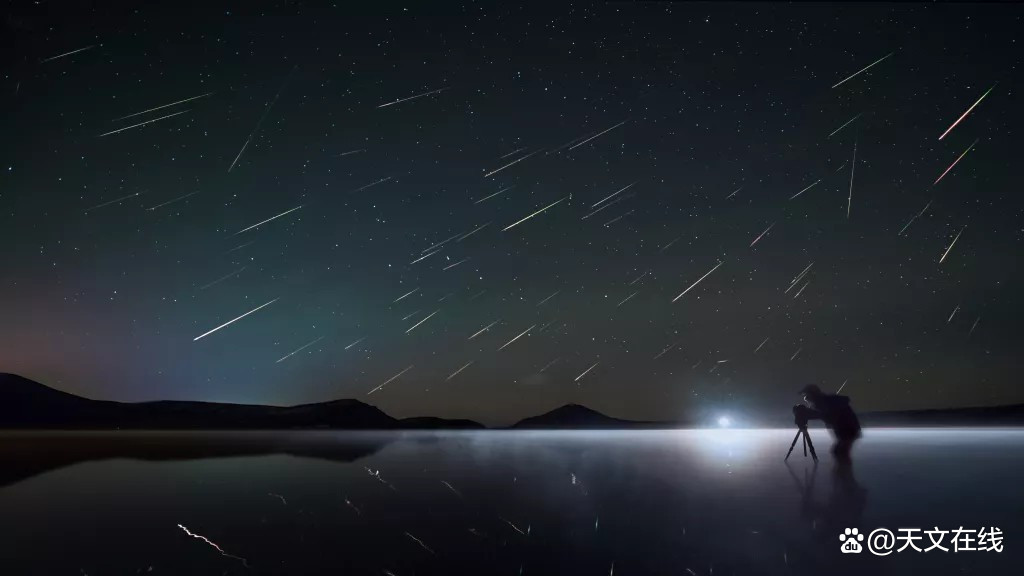For the first time, scientists have discovered a tentacle -like creature in the Pacific Ocean, or new species of marine basins
Author:Science fiction Time:2022.07.18
Science Fiction Network July 18 (Wang Ziyu) Recently, according to CNET, scientists have found a tentacle -like creature near Johnston's reef in western Hawaii, Solumbellula, which is the first time to discover in the Pacific region for the first time. This animal.

Haibi is a type of beautiful vertebrate, which is close relatives with coral animals. Its shape is very similar to the feather pen used by people, so it is named. The lower part of the sea is fixed in the sediment, and the upper part is born with many water tapeworms. It relies on the small creatures floating in the sea for food. Some seafits are as high as 1.5 meters, but most of them are only about 40 cm.
Haibi does not like group residences, and it usually lives alone where there is a strong sea flow. Unlike corals, corals can grow a lot, but the sea pen does not grow after a certain size. When the sea pen is attacked, it uses the "light battery" to emit strong light, making the enemy dizzy, unable to identify the direction, and was finally washed away by the strong sea flow.
It is reported that the seafront was discovered when the remote control unmanned submersible visited the unsally developed Haishan near Johnston Reef in the Western Heroes of Hawaii. Generally speaking, Haibi usually appears in the Atlantic Ocean and the Indian Ocean, and it is the first time in the Pacific Ocean. Moreover, the Solumbellula sea handle discovered by scientists is 2 meters long, which is far higher than the average sea pen.
Scientists say this is an exciting discovery, it may be a new species in this marine basin.
- END -
Is the asteroid hit the earth, is it worrying about it?The answer is wonderful

No, may not be for yourselfIllustration: Dart spacecraft is close to the art map o...
British media thinking: Why do African entrepreneurs choose to read MBA in China?

BusinessBecape website July 6th article, original topic: from Africa to Beijing: W...